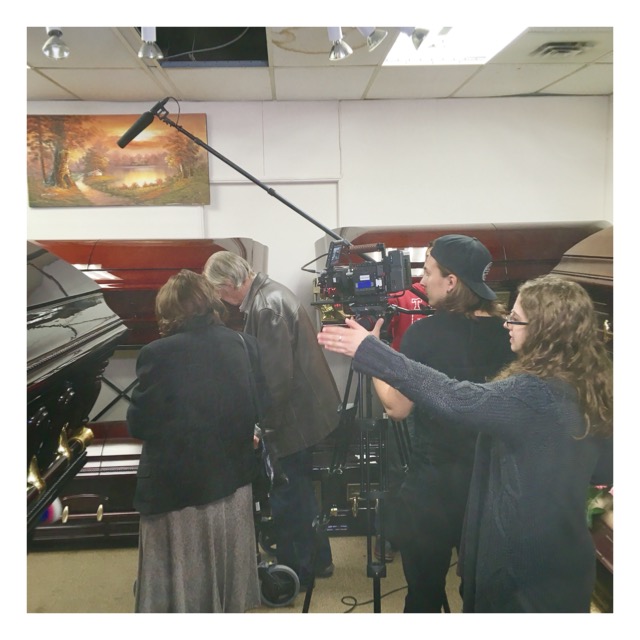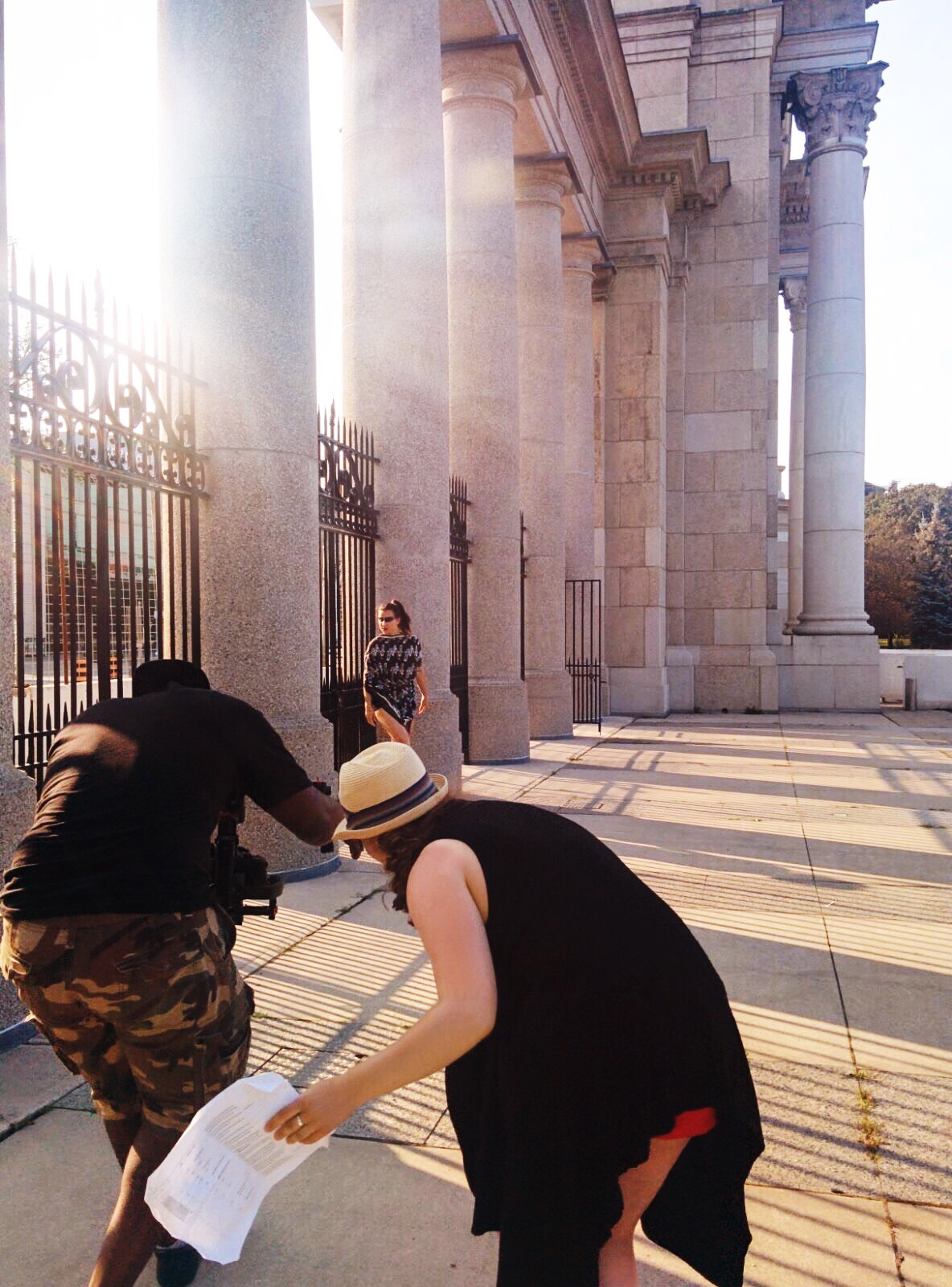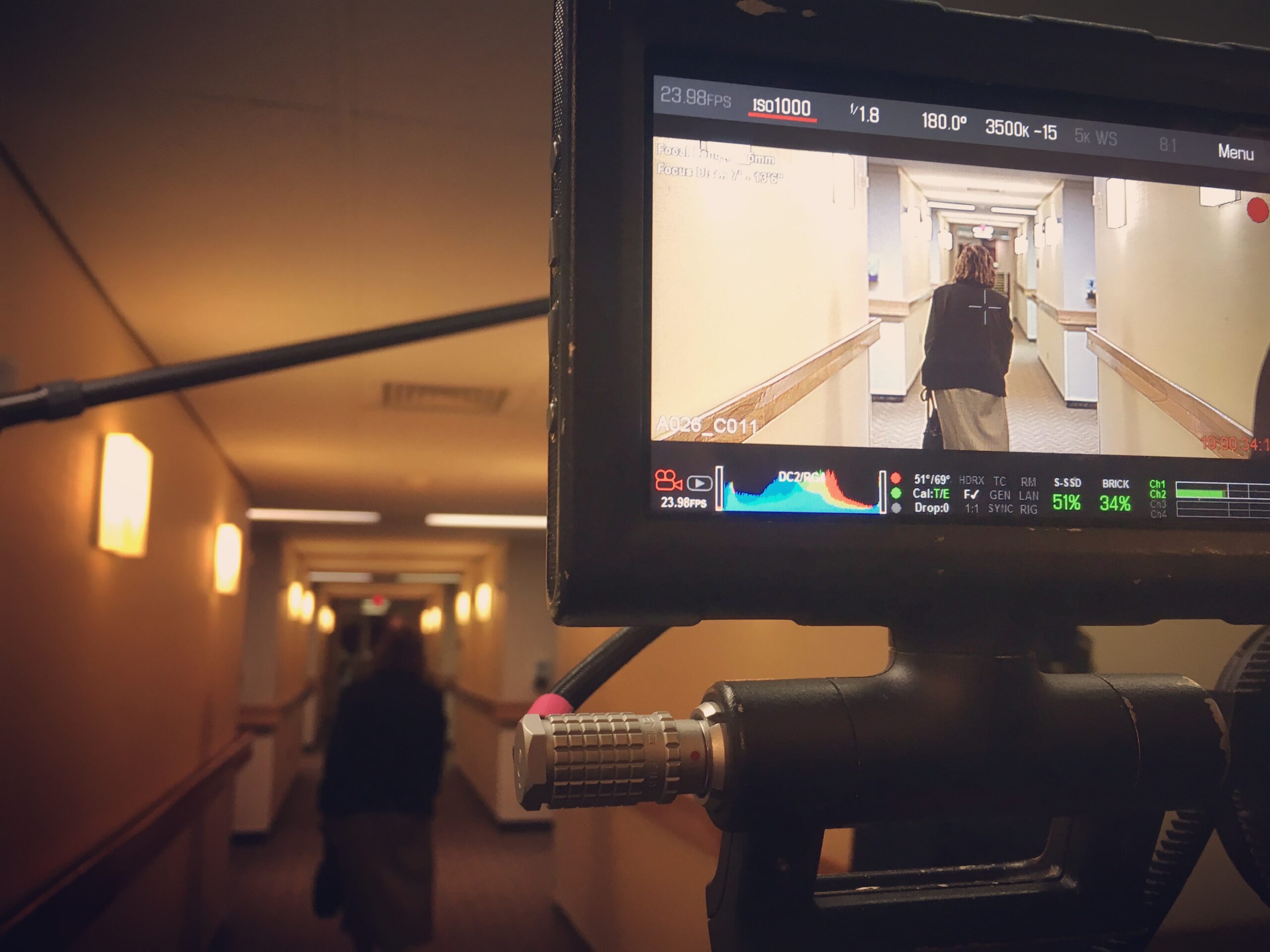(Interview Questions by Stuart Weinstein)
What do you do for fun when you are not creating entertainment related things?
When I am not working on my projects, I am gardening, painting, riding my bike, watching movies or television shows, and listening to music.
Since I make my own schedule, I don’t always do those things on the weekends or in the evenings. I often break up those things throughout the week at different times of the day.
How do you feel that representation in Hollywood is going to become exponentially better?
The status-quo of representation in Hollywood can never go back to the way it was so it can only get better from here on out. Aside from new policies being put in place by most organizations and companies as a result of the massive impact of the Black Lives Matter movement, people are just not afraid to speak their mind now. I think people are getting more brave to stand up for themselves and for what is right, which is great.
However I think there is a bit of a ways to go until we see things ‘even-out’ so to speak, but now people are holding others accountable which is really the only thing that will ensure change will happen.
What type of film equipment do you use – name the technical specs?
I personally own DSLR cameras but I much prefer working with cinematographers who use RED or Alexa cameras. In terms of lighting I particularly like working with Kino Flo Lighting Systems and Arri Skypanels, as well as Astera AX1 Pixeltubes.

Where is the money in the film industry?
To put it simply, there’s money everywhere. The money goes to those who persevere and create opportunities for themselves. People need to go out and make more connections, hustle harder, pitch more ideas, and help as many people along the way as possible. Nothing just comes your way by mistake. You create all of the things in your life, the good and the bad.
Now, that being said, things like networks, business strategy, a strong pitch, and a great idea are KEY factors to getting money to come to you. Just like life as a whole, making movies and TV is all a game and you have to understand the rules, who your opponents are, and use your strengths to your advantage. And what people tend to forget is that you need a TEAM. You can’t win on your own so that’s why building a strong network of people who want to help you is super important. I know that I have good ideas and a lot of skills that attract people in powerful positions, so I know that that has helped me a lot over the years, but I didn’t start out super confident. It came with just putting myself out there a lot, and not being afraid to take a risk. I am just having fun playing the game and so for me, I’m already winning and successful, everything else, including any hefty paychecks are just cherries on top.
What are the types of movies i.e. genres you enjoy and like to make?
I am mostly drawn to dramas, sci-fi/fantasy, romantic comedies, and psychological thrillers. I am open to working on any genre and have many projects that span a lot of different genres and cross-genres. I don’t see myself working on horror films; I would say that it’s my least favourite genre.
Are there certain roles that you enjoy more than others?
I enjoy directing and producing equally for different reasons. They are each challenging in different ways and are fun in different ways. I also enjoy editing because similarly to directing it’s about piecing a story together, but if I had to choose, I would rather stick to directing and producing as I am most confident in those roles.
What do you see the rest of 2020 for the movie industry?
I think that while movement forward might be a bit slow, I am hopeful that the overall state of the industry will improve. When productions halted earlier this year, everyone dove head first into development. There a lot of great projects being developed right now so I think people will see some amazing content come out later this year and in 2021.
Do you have the same set of people that you work with?
It depends, for key crew members like cinematographers or lighting grips or audio recordists, usually yes. But that’s not to say I am not open to working with new people. It simply involves me doing interviews and evaluating whether or not we would work well together. For key roles like cinematography and
How does Toronto hold its own against Vancouver, Los Angeles or other places in respect to filming resources such as talent and tax credits?
Toronto is an amazing hub full of talent and resources. It’s one of the best cities to shoot in and we see a lot of American productions shoot here because of the exchange rate and because of the tax credits. If you are a producer in the city, you should be taking advantage of the incredible crew and performers that we have access to in this city, whether they are in a union or not. If you’re local to Toronto, I would only recommend shooting elsewhere if it’s required for the storyline in the piece of content you’re working on. Toronto is a vibrant, diverse city and there are a lot of different kinds of locations that the city provides.



Leave a Comment